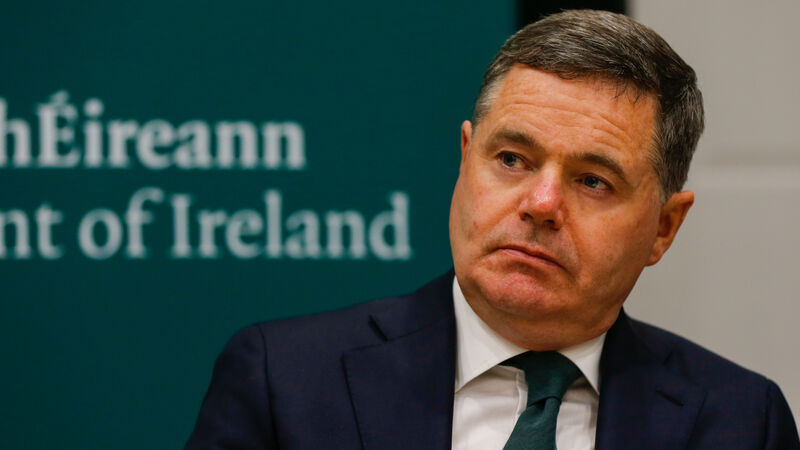Concrete levy at 5% will be in place 'for foreseeable'

Minister for Finance Paschal Donohoe said there will be 'no sunset clause' in relation the levy. Picture: PA
A concrete levy will be in place for the “foreseeable future,” according to the Finance Minister, who confirmed the rate will be cut to 5% and deferred until September next year.
Paschal Donohoe also announced that the levy will not apply to pre-cast concrete products, in an effort to ensure that jobs in this export-led sector are protected.














